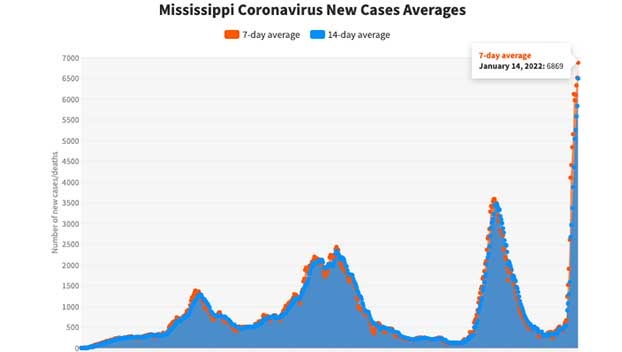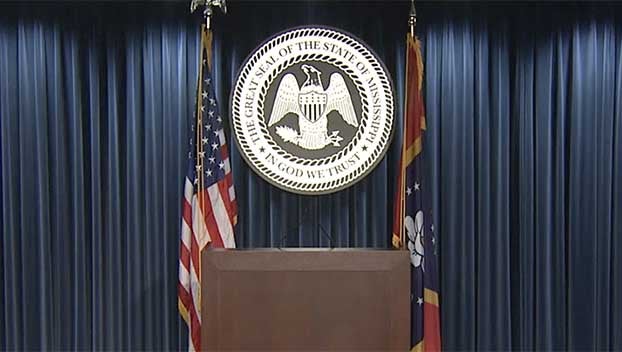Joe Rogers: There's no honor in elephant 'trophy' hunting
Published 8:25 am Monday, November 20, 2017
Over the past couple of weeks the federal Fish and Wildlife Service decided to end the ban on importing elephant “trophies” from two African countries, Zimbabwe and Zambia.
By “trophies,” I mean body parts. Heads. Tusks. Tails. Whatever.
If collecting that sort of thing strikes you as a good idea, you might want to save time and stop reading now.
I’m no fan of hunting in general. Some years back, I took considerable flak for a column that poked what I thought was gentle fun at duck hunters. Duck hunters were not at all amused, and told me so. Repeatedly.
I’ve since made my peace with hunting of that nature, and generally avoid the topic. Other than to lament the posting of dead deer photos on Facebook.
But the killing of elephants is revolting.
Dane Waters agrees with me, which is not surprising. Waters, a longtime political consultant, is also the founder of the Elephant Project, the goal of which is to protect the animals worldwide. And they need it: In 2015, more elephants were killed in Africa than were born there.
“There is no sport in killing elephants,” Waters told me in an email. “It is strictly an ego thing for rich Americans who want to prove that they have killed an elephant.”
As an example you may have seen, there’s a pretty well-known photo out there of a rich American holding a severed elephant’s tail and a knife as he stands next to a carcass while on safari in Zimbabwe.
His dad lives in the White House.
The wildlife agency’s explanation for ending the ban was that conservation efforts in the affected countries had improved, and that money raised by hunts could actually help improve the lot of the animals.
That rationale “doesn’t pass the smell test,” Waters said. “These countries can generate more money for conservation from live elephants than dead ones – through eco-tourism, etc. Plus, these governments are so corrupt that it is widely believed that most of the hunting money lines the pockets of elected leaders and is not used for conservation.”
You’ve probably seen some images of elephants slaughtered for their tusks, with the remains simply left behind for the buzzards or whatever to pick over.
As a practical matter, Waters said, not much else can be done.
“Though elephant meat is hardly eaten, the hunters can give the rest of the elephant to the local village for food,” he said. “However, this will only work if villagers have a way to take the rest of the elephant home – which is almost impossible, since rarely do some of these villages have the physical ability to move the elephant.
“Additionally, the skin and bones will be used to make trinkets and home accessories – feeding a market for elephant parts that will continue to exist unless ALL killing of elephants is banned.”
As it happens, the president must have heard the uproar. He has since suspended the wildlife agency’s decision “until such time as I review all conservation facts,” as he tweeted. Perhaps the ban will stay in place. We can certainly hope.
But I don’t have a lot of confidence that facts count for much these days.





